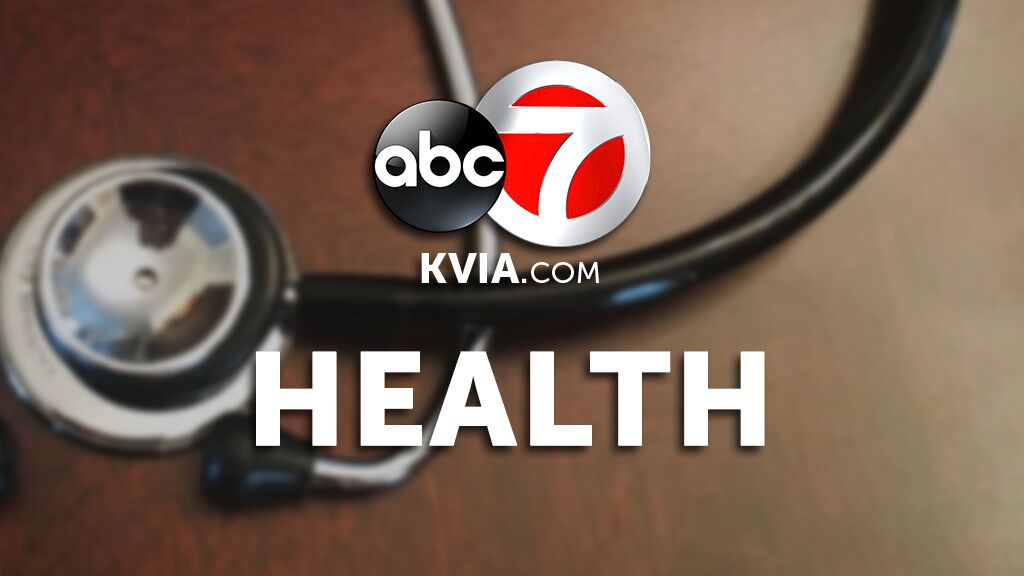Samoa measles outbreak: Government shuts down so everyone can get vaccinated

Red flags have been erected across Samoa to mark unvaccinated households as the government shuts down Thursday to deploy all resources to reining in a deadly measles outbreak.
More than 4,200 cases of measles have been reported across the Pacific island nation in recent weeks, including 62 deaths — with 2 fatalities in the last 24 hours, according to official statistics. None of the victims were vaccinated, the government said.
The decision to shut government services for two days is the latest in a series of drastic steps Samoan authorities have taken to stop the outbreak of a disease that was thought to be almost eliminated globally, but has made a dangerous comeback in recent years.
Schools throughout Samoa have been shut indefinitely since November 17 due to the crisis, which has seen a total of 165 new cases recorded since Wednesday. Children have been banned from all public gatherings and places where “large numbers of people congregate,” according to Prime Minister Tuilaepa Aiono Sailele Malielegaoi.
Samoa’s government officially declared a state of emergency on November 15, according to UNICEF, and began a mass vaccination campaign five days later.
Tuilaepa said 58,000 people — more than a quarter of the population — were vaccinated from the start of the campaign on November 20 until Monday.
All civil servants, except for those who help supply water and electricity to the country, will participate in the vaccination campaign on Thursday and Friday by offering assistance to public health officials.
Measles is a highly contagious, vaccine-preventable respiratory illness characterized by a rash of flat red spots. Symptoms may include fever, cough, runny nose and watery eyes.
Measles can also lead to death when complications become too severe, according to the United States Center for Disease Control and Prevention. About 1 child out of every 1,000 who get measles will develop encephalitis — swelling of the brain — that can lead to convulsions, deafness or intellectual disability. As many as 1 out of every 20 children with measles will get pneumonia, the agency reports.
Measles has seen a wide resurgence around the world — in both high-income countries in the Americas and Europe and lower-income nations in Asia and Africa — fueled in part by fear of and lack of access to vaccines, and complacency.
Almost 350,000 measles cases were reported globally in 2018, according to UNICEF — more than doubling from 2017.
